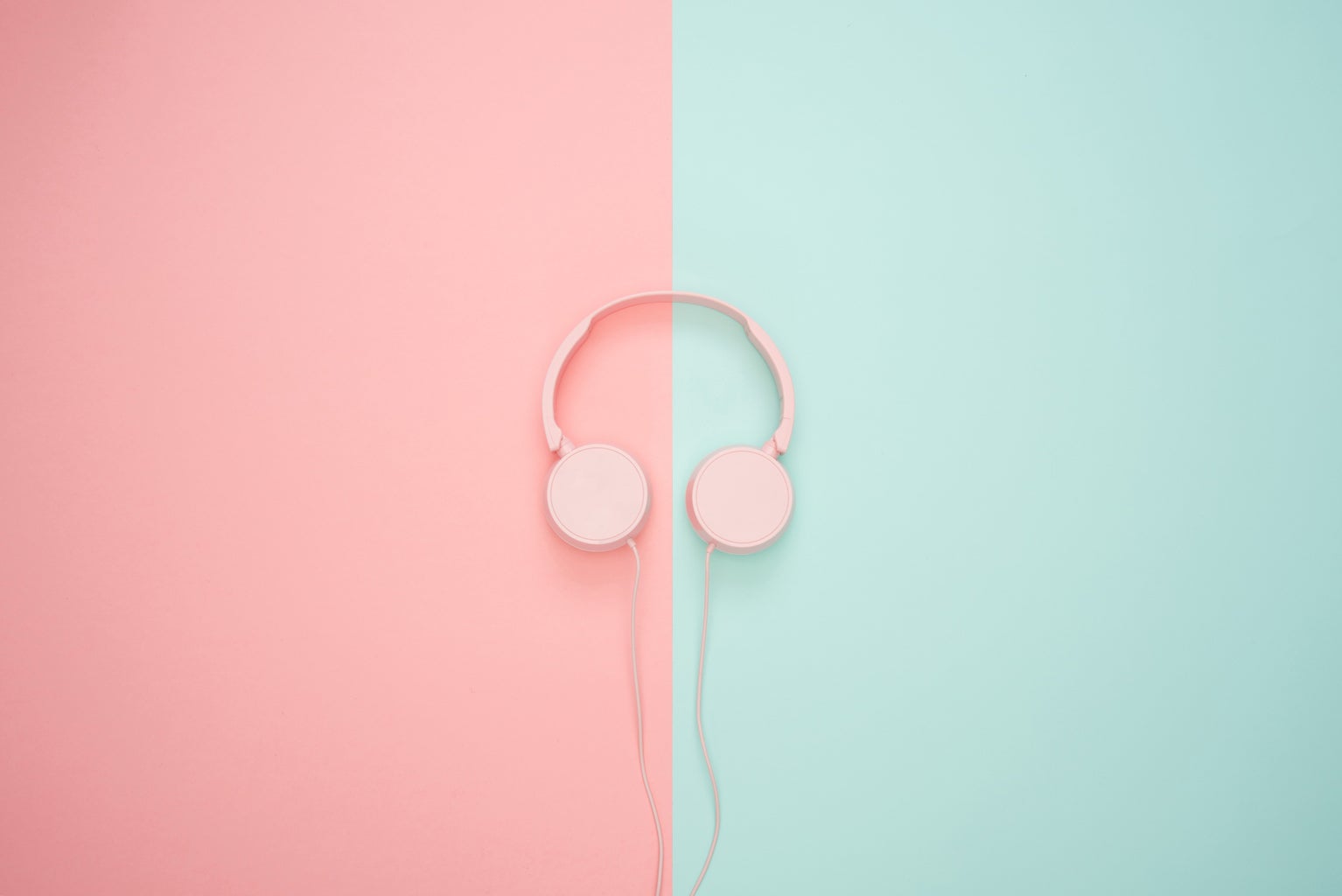Prior to a typical college night out, the “pregame” playlist is cranked up to full volume as the girls gather together to try on outfits, fix their hair, and do makeup. When the song “Ignition” by R. Kelly comes on everyone simultaneously yells “SKIP” at the top of their lungs. After R. Kelly’s history of sex trafficking charges, marrying a fifteen-year-old, and sexual assault of children and women, it’s a little difficult to belt out the words to “Ignition”.
Should music still be enjoyed even if the artist has sexual assault allegations against them?
Today on my walk to class, I put my AirPods in and hit play to “Loving is Easy” by Rex Orange County. I took in every word of the song, enjoying it to the fullest. An hour later, the news broke that the singer Rex Orange County, whose real name is Alex O’Connor, has been charged with six counts of sexual assault. O’Connor denied the charges, but a provisional trial date has been set for January 3 in London where the alleged assault took place. Should “Loving is Easy” be exiled from my playlist?
The answer to the question isn’t black and white. Knowing an artist’s background can help bring the audience closer to their work. For example, country singer Zach Bryan’s recent popularity spike has resulted in a background research check. Learning about how he became famous and his excitement over the success of his latest album has increased my enjoyment of his music. However, learning about Alex O’Connor’s recent assault allegations hasn’t necessarily changed the way I feel when listening to “Loving is Easy”. If the artist is singing about their problematic beliefs then they should be removed from the playlist. Choosing to continue to listen to a problematic artist’s music can depend on personal experiences regarding the issue.
Michael Jackson has had many child sex abuse allegations and is still considered the “King of Pop”. In 2008, Chris Brown physically assaulted his girlfriend, Rihanna, yet his music remains popular. Then, in 2012, Chris Brown won best R&B album at the Grammys. This goes to show that people aren’t affected by the artist’s crimes when listening to their music.
The week after R. Kelly was found guilty his album sales went up by 517%. However, many artists that had collaborated with R. Kelly pulled their music from streaming such as Chance the Rapper’s “Somewhere in Paradise”. If someone is choosing not to listen to a problematic artist, then that decision should be respected. If a problematic artist’s song comes on the radio or at a party, there is no shame in enjoying the art. A song can be appreciated without knowing the musician. Though continuously listening to artists, such as R. Kelly or Chris Brown, can send the message that supporting them is acceptable when it is not. Supporting the art is also supporting the artist from which it came from. Thankfully there are over 50 million songs to stream on Apple Music and over 80 million on Spotify, so you can be picky when curating the perfect playlist.



